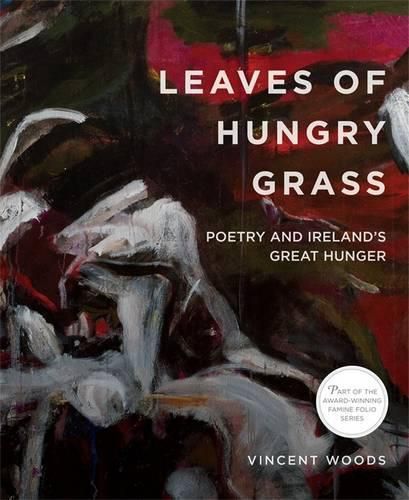Readings Newsletter
Become a Readings Member to make your shopping experience even easier.
Sign in or sign up for free!
You’re not far away from qualifying for FREE standard shipping within Australia
You’ve qualified for FREE standard shipping within Australia
The cart is loading…






Taking poetry as an act of witness and restorative memory, this essay traces the development of poems relating to Ireland’s Great Hunger from the mid-nineteenth century to the present day. An international landscape of connected experience emerges through the work of Eavan Boland, Alan Shapiro, Patrick Kavanagh, Seamus Heaney, Paul Celan and many poets in Ireland, the U.S., Germany and Australia.In examining a world of poetry, the connections and parallels to contemporary famines and migrations become clear, and the response of Irish poets to famine in other countries is acknowledged. Vincent Woods shows how the post-Famine diaspora influenced the work of Emily Dickinson and Walt Whitman; and in presenting new work by Eilean Ni Chuilleanain and Miriam de Burca, argues that the creative response to the Irish Famine is ongoing and vital.
$9.00 standard shipping within Australia
FREE standard shipping within Australia for orders over $100.00
Express & International shipping calculated at checkout
Taking poetry as an act of witness and restorative memory, this essay traces the development of poems relating to Ireland’s Great Hunger from the mid-nineteenth century to the present day. An international landscape of connected experience emerges through the work of Eavan Boland, Alan Shapiro, Patrick Kavanagh, Seamus Heaney, Paul Celan and many poets in Ireland, the U.S., Germany and Australia.In examining a world of poetry, the connections and parallels to contemporary famines and migrations become clear, and the response of Irish poets to famine in other countries is acknowledged. Vincent Woods shows how the post-Famine diaspora influenced the work of Emily Dickinson and Walt Whitman; and in presenting new work by Eilean Ni Chuilleanain and Miriam de Burca, argues that the creative response to the Irish Famine is ongoing and vital.